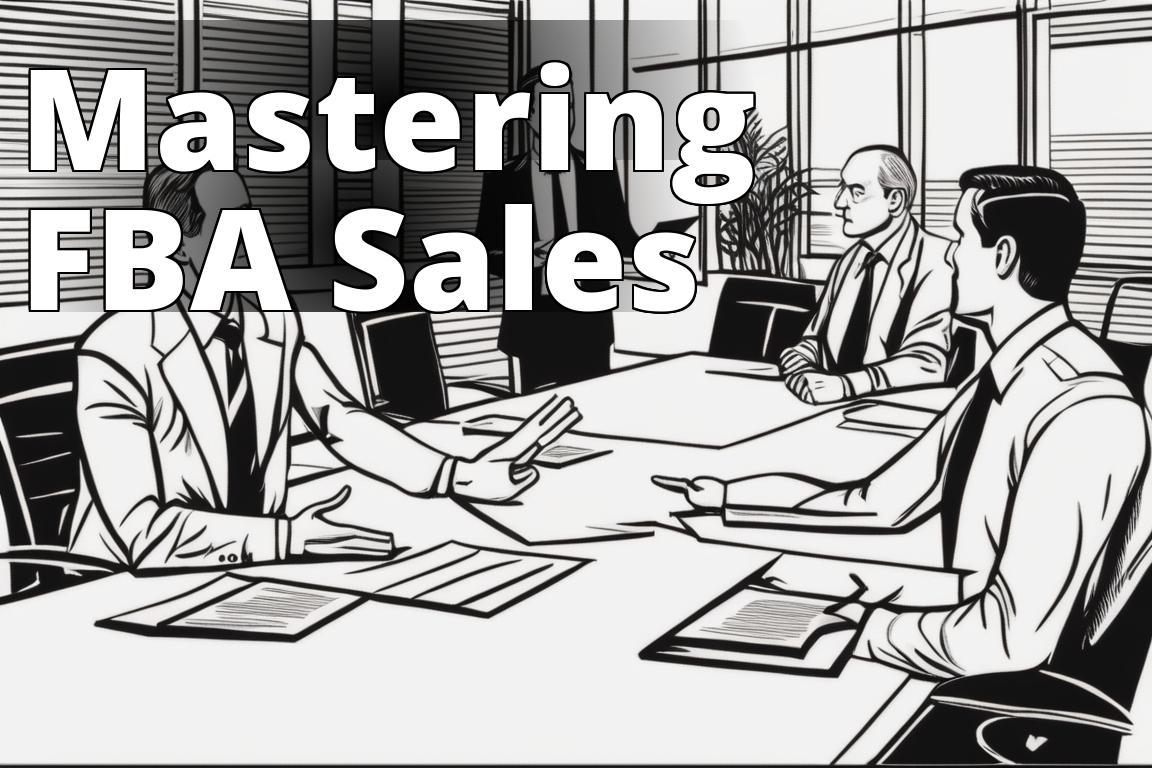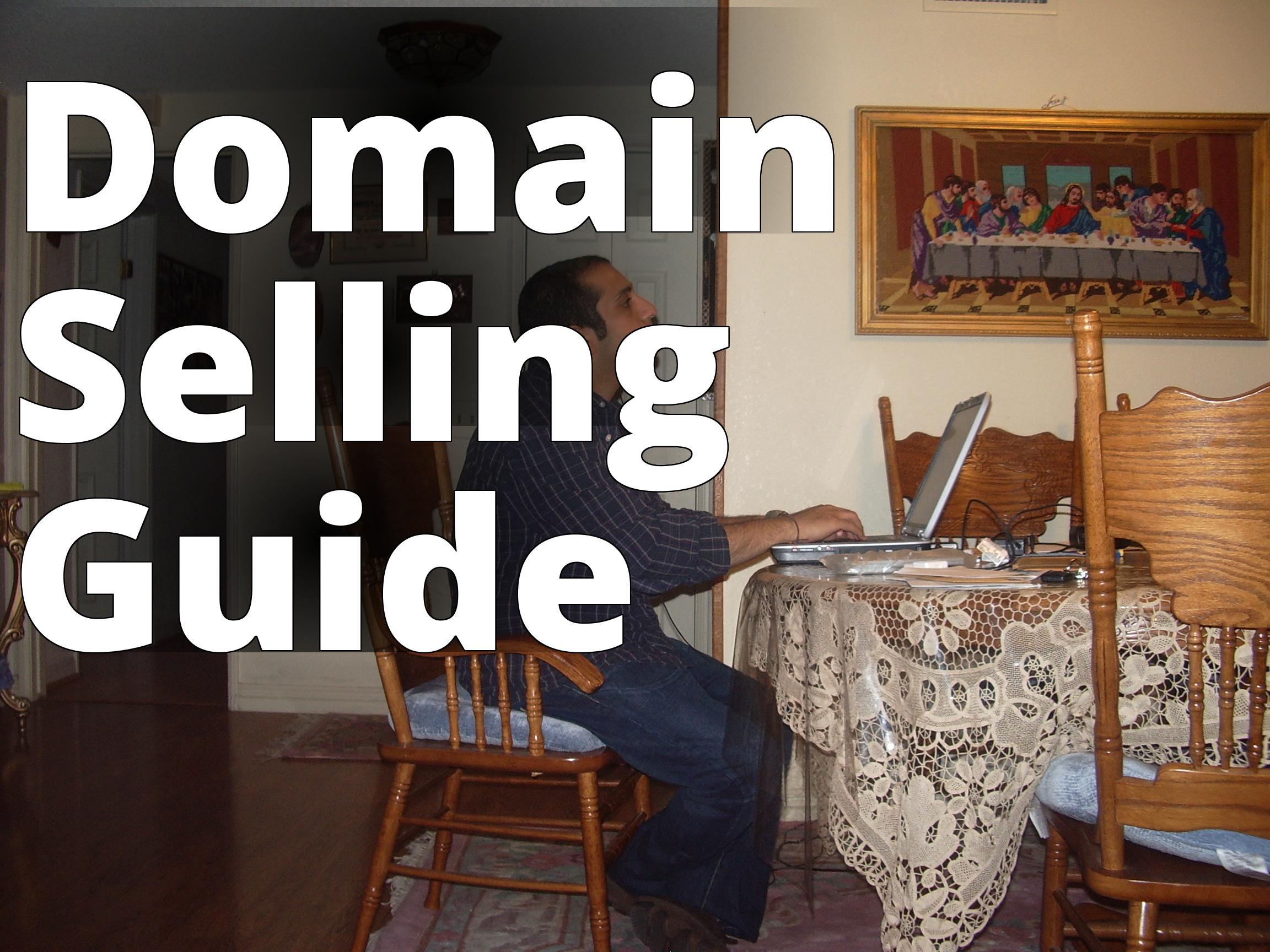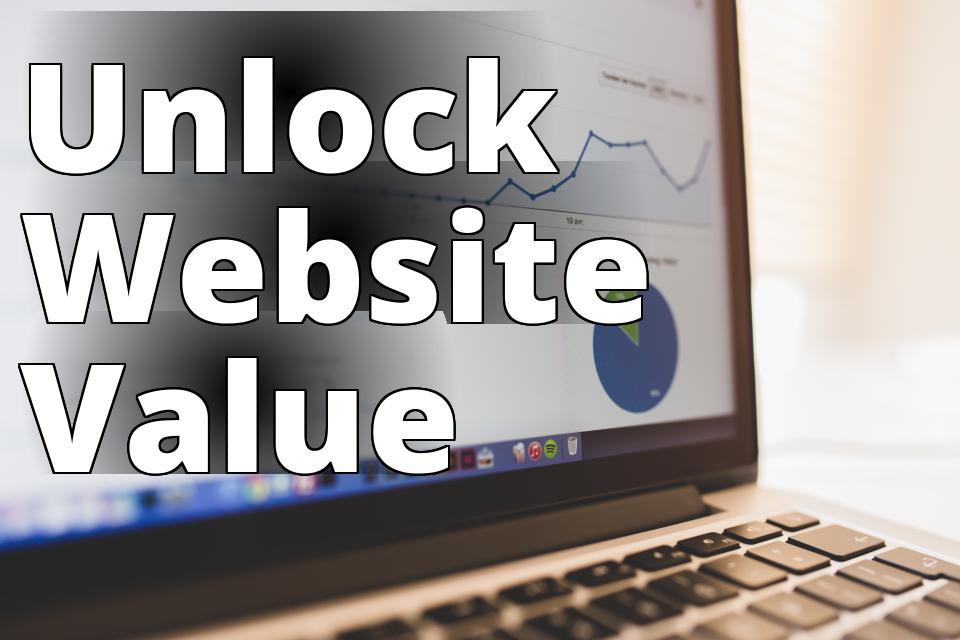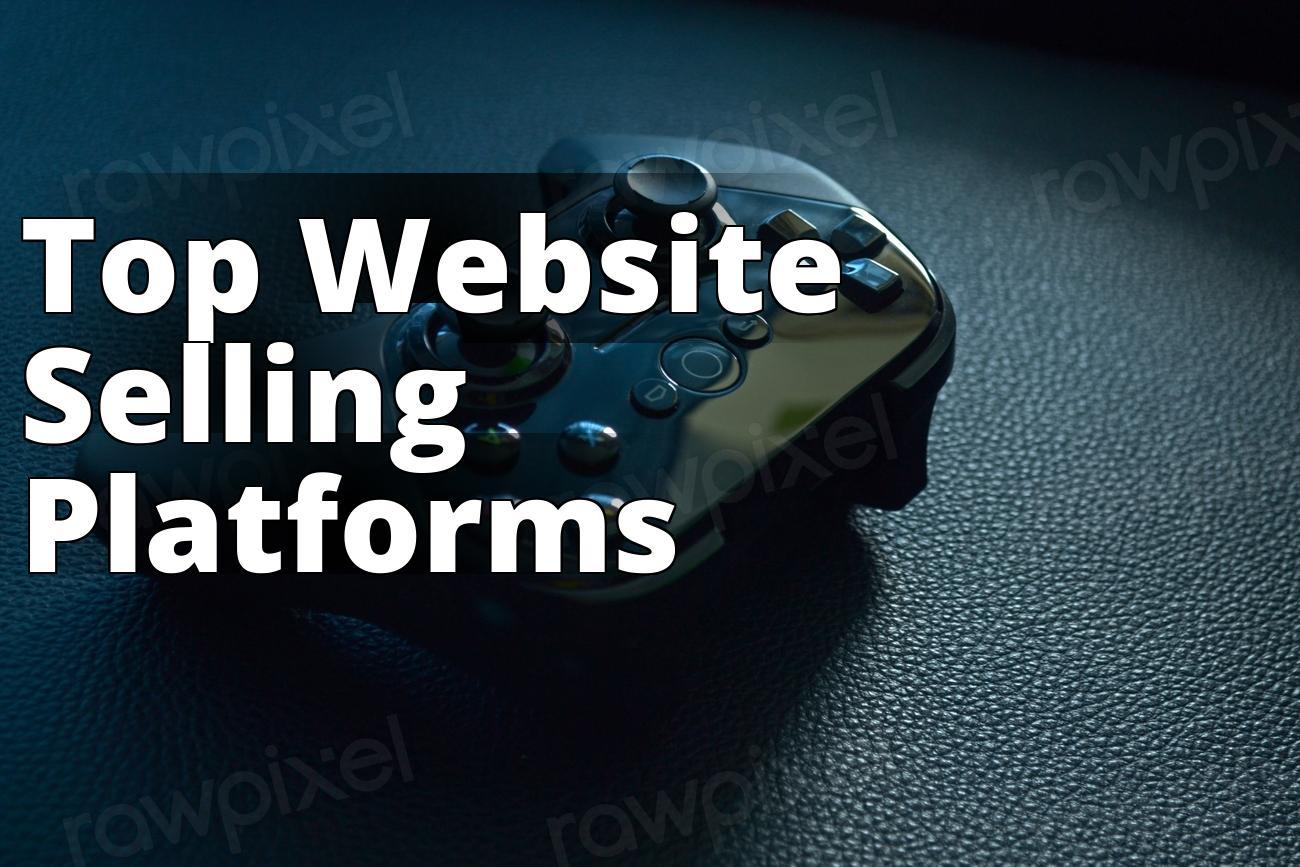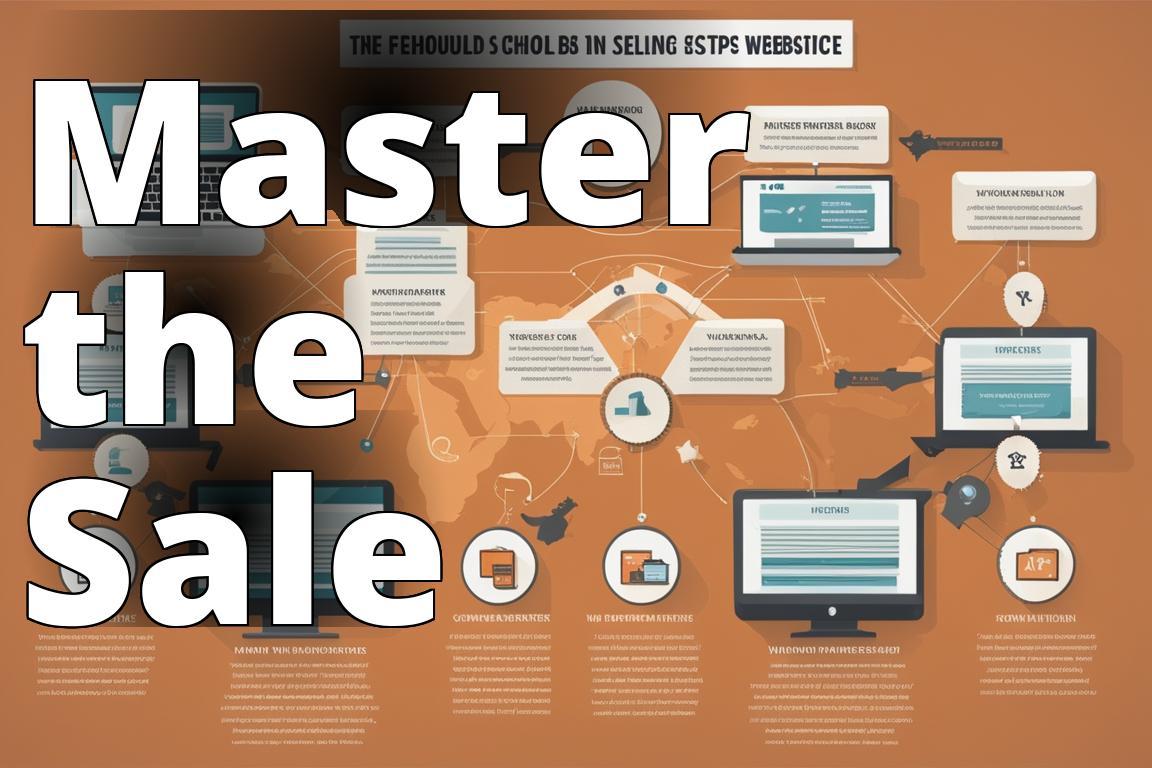So, you’ve built an Amazon FBA business that’s turned the gears of commerce in your favor, and now you’re looking to cash out? Bravo! Selling an Amazon FBA business isn’t just a transaction; it’s the art of passing on a digital legacy, a testament to late nights and strategic moves. But beware, it’s not for the faint of heart or the uninformed. I’ve ridden this rollercoaster, and I’m about to give you the insider track on how to exit with a bang, not a whimper.
10 Steps to Sell Your Amazon FBA
You will learn:
– What an Amazon FBA business is and how to sell it.
– Steps to sell your Amazon FBA business, including valuing, preparing, finding a buyer, negotiating, and finalizing the sale.
– Key factors to consider when selling an Amazon FBA business, such as financials, valuation, and buyer negotiation.
What is an Amazon FBA business?
Before we dive into the sales process, let’s have a quick recap. An Amazon FBA business is one where you’ve hitched your wagon to the colossal engine that is Amazon’s fulfillment services. You sell, they ship, and you (hopefully) profit. The beauty? It’s scalable. The challenge? It’s so darn intricate that when you’re ready to sell, you’ll need more than just a ‘for sale’ sign.
How to sell an Amazon FBA business
1. Get your financials in order
First things first: your financials must be as clean as a whistle. I’m talking about an immaculate set of books that even a forensic accountant would admire. I learned this the hard way when I first dipped my toes into selling a business. It wasn’t pretty.
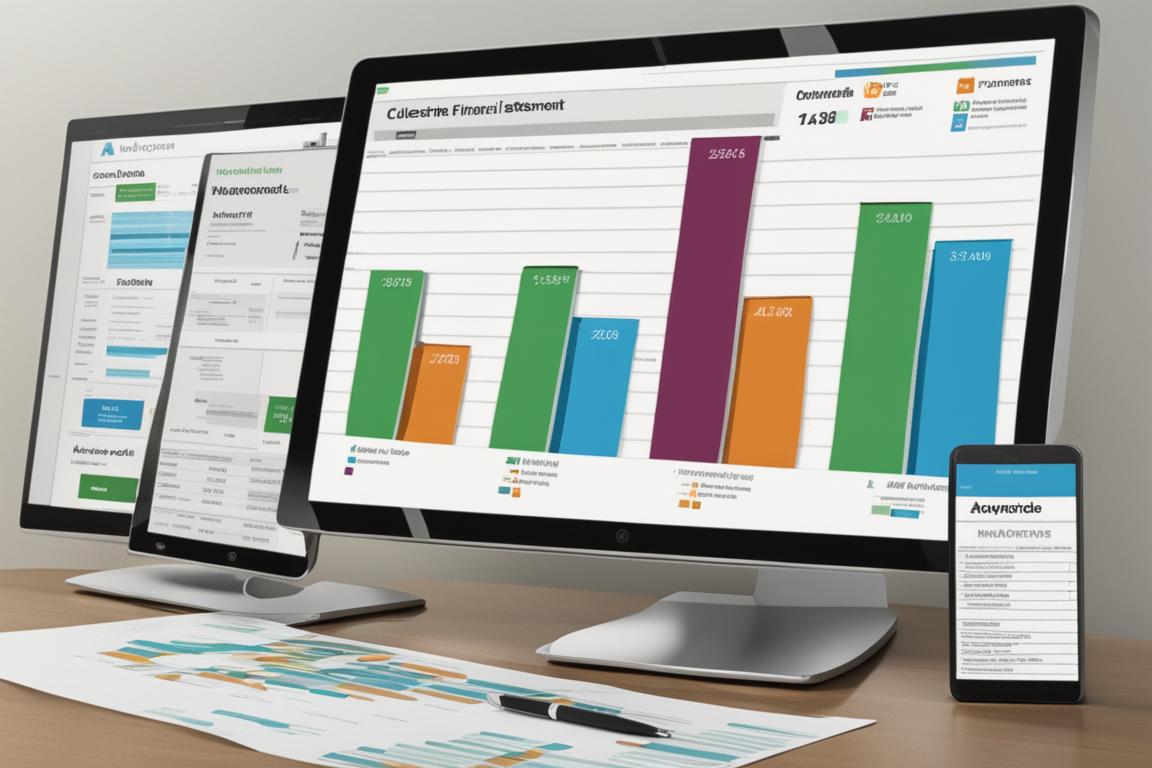
Insider Tip: Use accounting software from day one, and keep personal expenses out of the business. This makes due diligence a breeze for potential buyers.
Here’s the thing: your financial records are the bedrock of the valuation process. Sloppy bookkeeping is a red flag. It screams risk, and in the world of business sales, risk is the monster under the bed. So, get a professional to audit your accounts. Trust me, it’s worth the investment.
2. Determine the value of your business
Valuation is where science meets art. There are multiple methods: profit multipliers, discounted cash flows, and market comparisons, to name a few. But the FBA world thrives on multiples of Seller’s Discretionary Earnings (SDE).
To get a ballpark figure, look at your net profit, add back any personal expenses, and multiply that number by the going rate, which can be anywhere from 2 to 4 times SDE, depending on various factors like growth trends, market position, and brand strength.
Insider Tip: Don’t just pull a multiple out of thin air. Research recent sales of similar FBA businesses to ground your expectations.
3. Prepare your business for sale
Preparation is where you can truly influence the sale price. I once spent six months streamlining operations and solidifying supplier relationships, which significantly boosted the value of my business.

Think about it from the buyer’s perspective. They want a turnkey operation. So, document your processes, train your team to run without you, and ensure your supply chain is robust. The more self-sufficient your business is, the more attractive it becomes.
4. Find a buyer
When it’s time to find a buyer, don’t just throw a listing up on any old marketplace. Be strategic. Use platforms that specialize in selling FBA businesses, or even better, hire a broker. A good broker knows the market, has a network of buyers, and, importantly, understands how to position your business for maximum appeal.
Insider Tip: A broker’s commission might seem steep, but they often secure a higher sale price, which can more than offset their fee.
5. Negotiate the sale
Negotiation can be a minefield. I’ve seen deals crumble over trivialities. The key is to understand what you want out of the sale and what you’re willing to compromise on. Remember, it’s not just about the money. Terms, transition support, and even the future of your employees can be part of the negotiation.
Insider Tip: Always have a walk-away number in mind. It keeps emotions from clouding your judgment during negotiations.
6. Finalize the sale
Crossing the finish line involves a flurry of legal documents and a whole lot of trust. I recommend hiring a lawyer who specializes in online business sales to navigate this final phase. They’ll handle the asset purchase agreement, non-compete clauses, and other legal niceties that protect both parties.
Insider Tip: Use an escrow service for the payment. It protects both you and the buyer by ensuring the funds are released only when all conditions are met.
Real-Life Experience: Selling My Amazon FBA Business
I started my Amazon FBA business, Sarahs Essentials, five years ago. Over time, it grew beyond my expectations, and I found myself considering selling it to pursue a new venture. After getting my financials in order, I decided to determine the value of my business.
Determining the Value
I consulted with a business valuation expert, who helped me analyze my revenue, profits, and growth potential. This step was crucial in understanding what price tag to put on my business.
Preparing for Sale
To prepare my business for sale, I focused on optimizing my operations and documenting every aspect of the business, from supplier relationships to customer feedback.
Finding a Buyer
I explored various platforms for selling e-commerce businesses and eventually connected with a prospective buyer who understood the potential of Sarahs Essentials.
Negotiating the Sale
Negotiating the sale was a delicate yet pivotal process. I sought legal advice to ensure that the terms and conditions aligned with my expectations and protected my interests.
Finalizing the Sale
After thorough due diligence and final negotiations, I successfully finalized the sale of Sarahs Essentials. The process was both challenging and rewarding, and it taught me invaluable lessons about selling an Amazon FBA business.
How to value an Amazon FBA business
Valuing an Amazon FBA business is both an art and a science. It’s more than just numbers; it’s about understanding the story behind those numbers. Growth trajectory, brand recognition, product diversification, and operational efficiency all play into the final valuation.
Consider this: a business with a strong brand and a loyal customer base might fetch a higher multiple than one with higher profits but no brand affinity. Why? Because brand strength equates to market staying power.
Insider Tip: If you’re not confident in valuing your business yourself, invest in a professional valuation. It can serve as a powerful negotiation tool later on.
How to prepare an Amazon FBA business for sale
Preparing an Amazon FBA business for sale means making it as attractive and foolproof as possible for the next owner. It’s about minimizing risks and showcasing opportunities.
I once spent three months refining my supply chain, which reduced lead times and improved margins. This not only made the business more profitable but also made it more attractive to buyers, who could see the potential for further growth and efficiency gains.
Insider Tip: Get rid of any ‘deadwood’ stock before you list your business for sale. It’s better to take a hit on it now than let it drag down the perceived value of your inventory.
How to find a buyer for an Amazon FBA business
Finding the right buyer for your Amazon FBA business is critical. You need someone who not only has the financial means but also the operational know-how to keep the business thriving.
Networking within FBA seller communities and attending industry conferences can put you in touch with potential buyers. Also, consider reaching out to competitors. Sometimes, the best buyer is someone who understands the industry and is looking to expand their market share.
Insider Tip: Be proactive. Seek out potential buyers rather than waiting for them to come to you. It’s a seller’s market, but only if you’re visible.
How to negotiate the sale of an Amazon FBA business
Negotiating the sale of your Amazon FBA business is where you seal the deal or break it. It’s not just about price; it’s also about terms. You might negotiate on seller financing, the transition period, or other aspects that affect the final outcome.
Remember, negotiation is a two-way street. It’s important to listen to the buyer’s concerns and be flexible where you can be, without compromising your bottom line.
Insider Tip: Keep communication open and transparent. A good relationship with the buyer can lead to a smoother transition and a better deal for both parties.
How to finalize the sale of an Amazon FBA business
Finalizing the sale of your Amazon FBA business is the victory lap. It’s when all your hard work pays off. But don’t drop the baton now. Ensure all legal documents are in order, the transfer of assets is clear, and the terms of the sale are fully understood by both parties.
Having a solid closing checklist, including account transfers, domain handoffs, and inventory counts, can ensure a smooth transition.
Insider Tip: Post-sale, be available to the buyer. A few weeks of support can go a long way in cementing the success of the transaction and maintaining the legacy of your business.
In conclusion, selling an Amazon FBA business is a complex but manageable process. From getting your financials straight to negotiating and closing the deal, each step requires careful planning and execution. Follow these guidelines, and you’ll be well on your way to a successful sale that rewards you for all the hard work you’ve put into building your business. And remember, when in doubt, consult with experts who have been down this road before. Their insights can prove invaluable.

